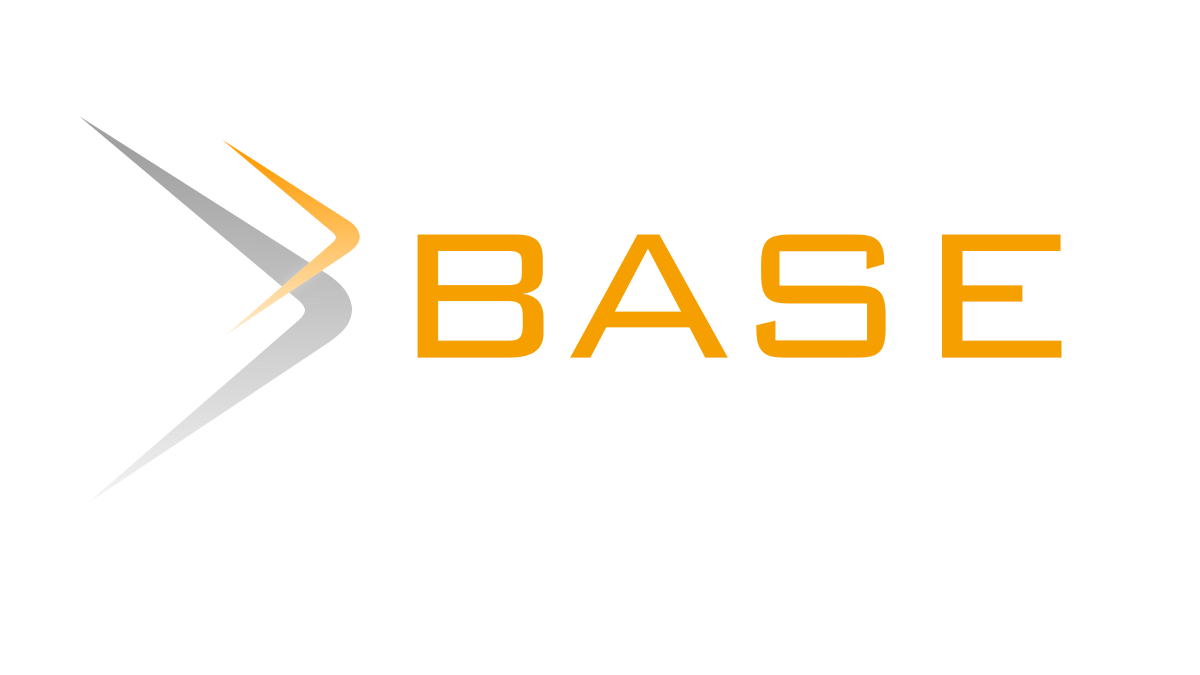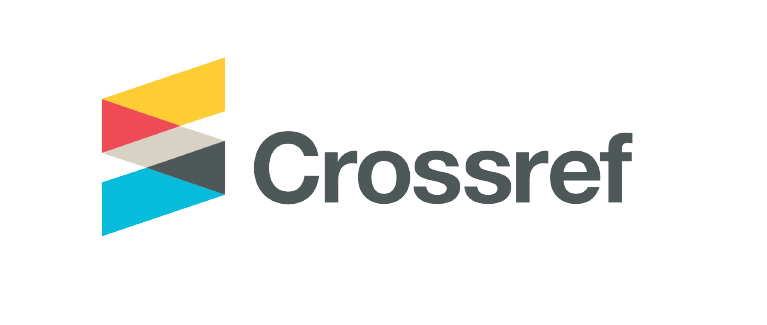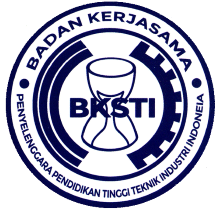Inventory Optimization Model Design with Machine Learning Approach in Feed Mill Company
DOI:
https://doi.org/10.32734/jsti.v24i2.8637Keywords:
Machine Learning, Artificial Intelegence, Small Medium Micro Enterprises (SMEs), InventoryAbstract
This article aims to address the impacts that companies can have with the application of machine learning to carry out their demand forecasts, knowing that a more accurate demand forecast improves the performance of companies, making them more competitive. The methodology used was a literature review through descriptive, qualitative and with bibliographical surveys in International Journal from 2010 – 2022 by different authors. Findings show that the references prove that demand forecasting with the use of machine learning brings many benefits to organizations, for example, since the results are more accurate, there is better inventory management, consequently customer satisfaction for having the product at the right time and place. Further, this article concludes and suggests that the use of machine learning is able to identify variables that affect the demands, with this it makes a forecast closer to reality and helps managers to make more accurate decisions, improving strategic planning and supply chain management. of company supplies.
Downloads
References
Z. Sui, A. Gosavi, L. Lin. “A Reinforcement Learning Approach for Inventory Replenishment in Vendor-Managed Inventory Systems With Consignment Inventory,†Engineering Management Journal, vol. 22, no.4, pp. 44 – 54, 2010.
A. Oroojlooy, Applications of Machine Learning in Supply Chains. Ann Arbor: ProQuest, 2018.
B. Settles, G. T. LaFlair, and M. Hagiwara. “Machine Learning–Driven Language Assessment,†Transactions of the Association for Computational Linguistics, vol. 8, pp. 247–263, 2020.
Shihab, Syed Arbab Mohd, et al, "Autonomous airline revenue management: A deep reinforcement learning approach to seat inventory control and overbooking," in 36th International Conference on Machine Learning 10-15 June 2019, Long Beach, California [Online]. Available: https://arxiv.org/abs/1902.06824
Agrawal, M., Shukla, P. K., Nair, R., Nayyar, A., & Masud, M. “Stock prediction based on technical indicators using deep learning model,†Computers, Materials & Continua, vol. 70, no. 1, pp. 287-304, 2022.
Preil, Deniz, and Michael Krapp. “Artificial intelligence-based inventory management: a Monte Carlo tree search approach,†Annals of Operations Research, vol. 308, no. 1, pp. 415-439, 2022.
K.B. Praveen, P. Kumar, J. Prateek, G. Pragathi. “Inventory Management using Machine Learning,†International Journal of Engineering Research & Technology (IJERT), vol. 9, no. 6, pp. 866 – 871, 2020.
M. Tariq Afridi, S. Nieto-Isaza, H. Ehm, T. Ponsignon and A. Hamed, "A Deep Reinforcement Learning Approach for Optimal Replenishment Policy in A Vendor Managed Inventory Setting For Semiconductors," in 2020 Winter Simulation Conference (WSC): Proc.of the Simulation Winter Conference, Orlando, FL, USA, Eds. New Jersey: IEEE, 2020, pp. 1753-1764.
Rasekhschaffe, Keywan Christian, and Robert C. Jones, "Machine learning for stock selection," Financial Analysts Journal, vol. 75, no. 3, pp. 70-88, 2019.
J. Li, T. Wang, Z. Chen,and G. Luo, “Machine Learning Algorithm Generated Sales Prediction for Inventory Optimization in Cross-border E-Commerce,†International Journal of Frontiers in Engineering Technology, vol. 1, no. 1, pp. 62-74, 2019.
K. Namira, H. Labriji, and E.H.B. Lahmar. “Decision Support Tool for Dynamic Inventory Management using Machine Learning, Time Series and Combinatorial Optimization,†Internasional Workshop of Information Sciences and Advanced Technologies: Edge Big Data – AI – IoT (ISAT 2021), Procedia Computer Science, vol. 198, pp. 423–428, 2022.
D. Kiefer, F. Grimm, M. Bauer, and C.V. Dinther. “Demand Forecasting Intermittent and Lumpy Time Series: Comparing Statistical, Machine Learning and Deep Learning Methods,†in 54th Hawaii International Conference on System Sciences Proc. of the 54th Hawaii International Conference on System Sciences, Grand Wailea, Maui, Hawaii. Eds. AIS, 2021, pp 1425 – 1435
H. Meisheri, V Baniwal, N.N. Sultana, H. Khadilkar, B. Ravindran. “Using Reinforcement Learning for a Large Variable – Dimensional Inventory Management Problem,†Adaptive Learning Agents Workshop at AAMAS, pp 1-9, 2020.
Y.K. Lingam, “The Role of Artificial Intelligence (AI) in Making Accurate Stock Decisions in E-Commerce Industry,†International Journal of Advance Research, Ideas and Innovations in Technology, vol. 4, pp. 2281-2286, 2018.
T. Sustrova, “A Suitable Artificial Intelligence Model for Inventory Level Optimization,†Trendy Ekonomiky A Managementu Trends Economics And Management, vol. 25, no. 1, pp. 48–55, 2016.
L. Francesco, B. Elia, I. Alessio, G. Rita, R. Bianca, R. Alberto, “Machine Learning for Multi-Criteria Inventory Classification Applied to Intermittent Demand,†Production Planning and Control, vol. 30, no.1, pp 76-89, 2019
S. Paul, A. Chatterjee, and D. Guha, “Study of Smart Inventory Management System Based on The Internet of Things (IOT),†International Journal on Recent Trends in Business and Tourism, vol. 3, no. 3, pp. 27-34, 2019.
K.B. Praveen, J. Rateek, P. Kumar, and G. Pragathi. “Inventory Management using Machine Learning,†International Journal of Engineering Research & Technology (IJERT), vol. 9, no. 06, pp. 866-869, 2020.
F. Z. Benhamida, O. Kaddouri, T. Ouhrouche, M. Benaichouche, D.C. Mansilla, and D.L. de Ipi˜na. “Demand Forecasting Tool For Inventory Control Smart Systems,†Journal of Communications Software and Systems, vol. 17, no. 2, pp. 185 – 198, 2021.
C. Deng and Y. Liu. “A Deep Learning-Based Inventory Management and Demand Prediction Optimization Method for Anomaly Detection,†Hindawi Wireless Communications and Mobile Computing 2021, 2021.
Preil, Deniz, and Michael Krapp. “Artificial intelligence-based inventory management: a Monte Carlo tree search approach,†Annals of Operations Research, vol.308, no. 1, pp. 415-439, 2022.
T.L.Vua, D.N. Nguyenb, T.A. Luongc, T.T.X. Nguyend, T.T.T. Nguyene, and T.D.U. Doane. “The impact of supply chain financing on SMEs performance in Global supply chain,†Uncertain Supply Chain Management, vol. 10, no. 1, pp. 255-270, 2022.
V. Hutse. “Reinforcement Learning for Inventory Optimisation in Multiechelon Supply Chainsâ€. Master in Business Engineering, Ghent University, Library, 2021.
Inventory Management of The Refrigerator's Produce Bins Using Inventory Management of The Refrigerator's Produce Bins Using Classification Algorithms and Hand Analysisâ€. ThinkIR: The University of Louisville's Institutional Repository. The University of Louisville's Institutional Repository. Electronic Theses and Dissertations, 2020.
Downloads
Published
How to Cite
Issue
Section
License
Copyright (c) 2022 Jurnal Sistem Teknik Industri

This work is licensed under a Creative Commons Attribution-ShareAlike 4.0 International License.
The Authors submitting a manuscript do so on the understanding that if accepted for publication, the copyright of the article shall be assigned to TALENTA Publisher Universitas Sumatera Utara as the publisher of the journal.
Copyright encompasses the rights to reproduce and deliver the article in all forms and media. The reproduction of any part of this journal, its storage in databases, and its transmission by any form or medium will be allowed.






















